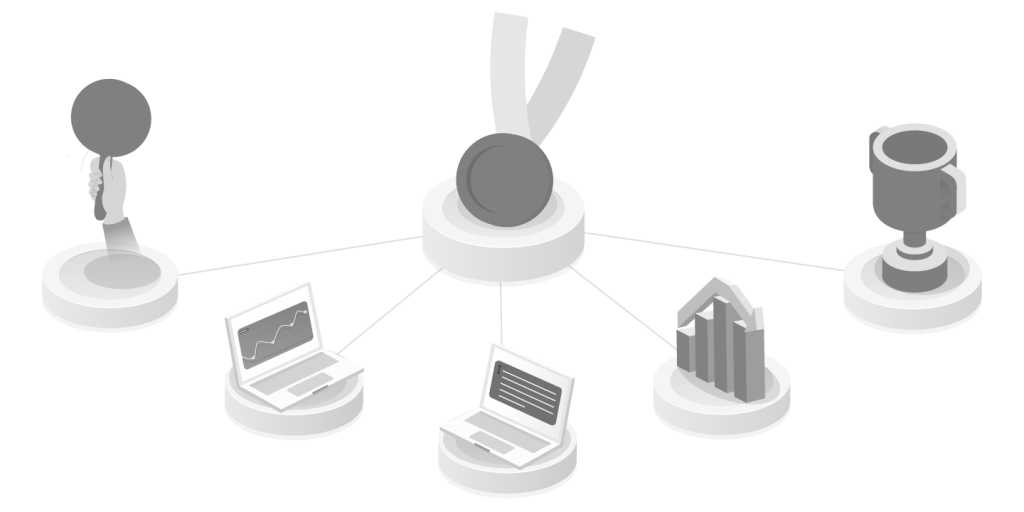You define the strategy, list your keywords, set the budget, create ads, configure the other details and publish your campaign. Job done, right? Well, sorry, but you only dressed up for the Google Ads Auction.
Google’s way of selection of which and where to place the ads is an auction system. When someone looks for something, the search engine finds all ads keywords that match the search. From all eligible ads, only those with sufficient Ad Rank may show.
Ad Rank estimation uses your bid amount, the Ad Rank thresholds, the context of the search, your auction-time ad quality, and the expected impact of extensions and other ad formats. Google Ads Auction considers all these factors under the competitiveness of the auction. The highest Ad Rank ads get the first position, and the subsequent Ad Rank gets the second position, and so on.

How Google Ads Auction decides your ad position
Google uses the Ad Rank to calculate whether your ads are eligible and position. In general, it is a combination of five factors:
- Bid: Google uses your bid setting as the maximum amount you would pay for a click on your ad (but often you end up paying less). When you choose some automated bidding, Google tries to do its best to gives you the best cost-benefit for your goal, they say.
- Ad rank: To ensure high-quality ads for the searcher, Google set minimum quality thresholds that an ad must achieve to place in an ad position.
- Context of query: in addition to the search term, Google looks at other aspects, such as the person’s location, device (mobile or desktop), time of the search, the nature of the search terms, the other ads and search results showed inside the page, and other user attributes.
- Ads extensions impact: when the ad has extensions like phone number, site links or structured snippets, Google Ads estimate how extensions and ad formats used will impact its performance.
- Auction-time ad quality: it means how useful your ad is for the search, including expected clickthrough rate, ad relevance, and landing page experience. The aggregation of these scores is the Quality Score of your ad.
And yes, all this process happens in all searches. It may seem to be too much effort, but it’s the way Google earns money, actually US$ 181 billion in 2020, according to Statista.
Since the auction process repeats for each search, every Google Ads Auction can have different results depending on the competition at that moment, with other factors. It’s typical to see some fluctuation in an ad’s position on the page and whether or not ads show.
Knowing this, do you believe that your campaign is ready for the auction?

